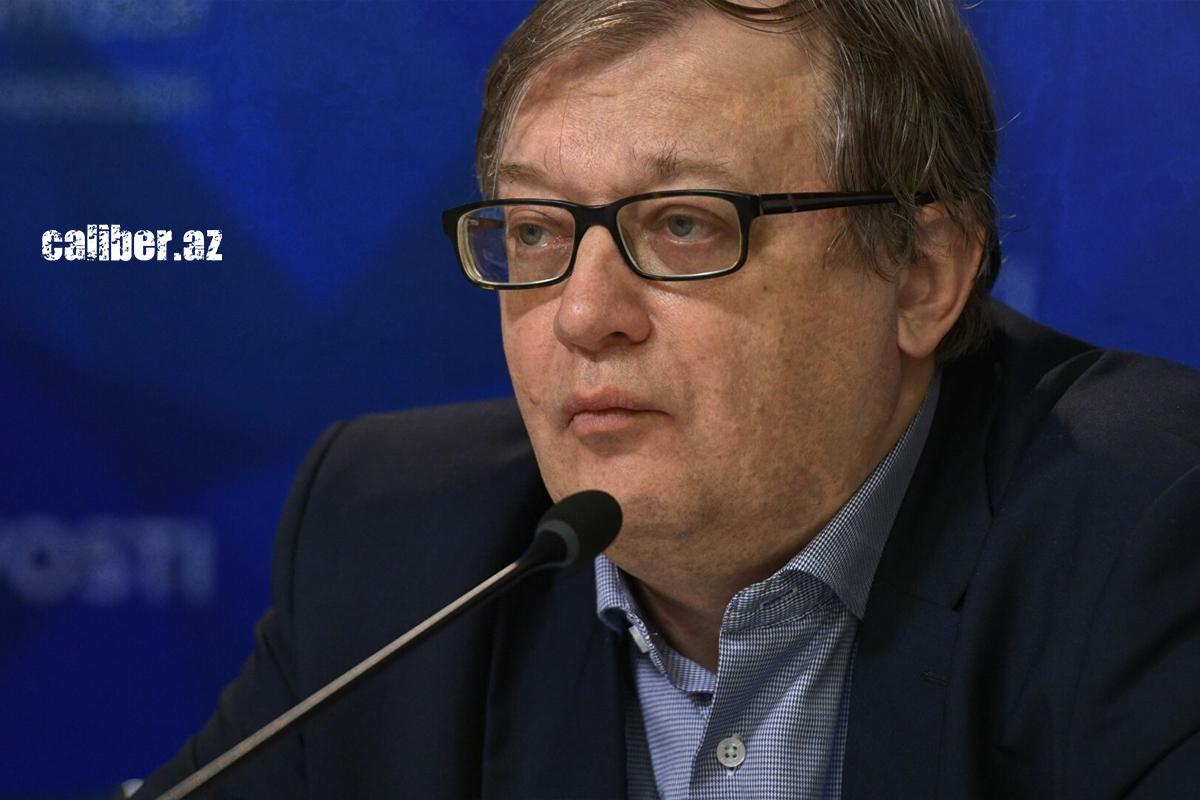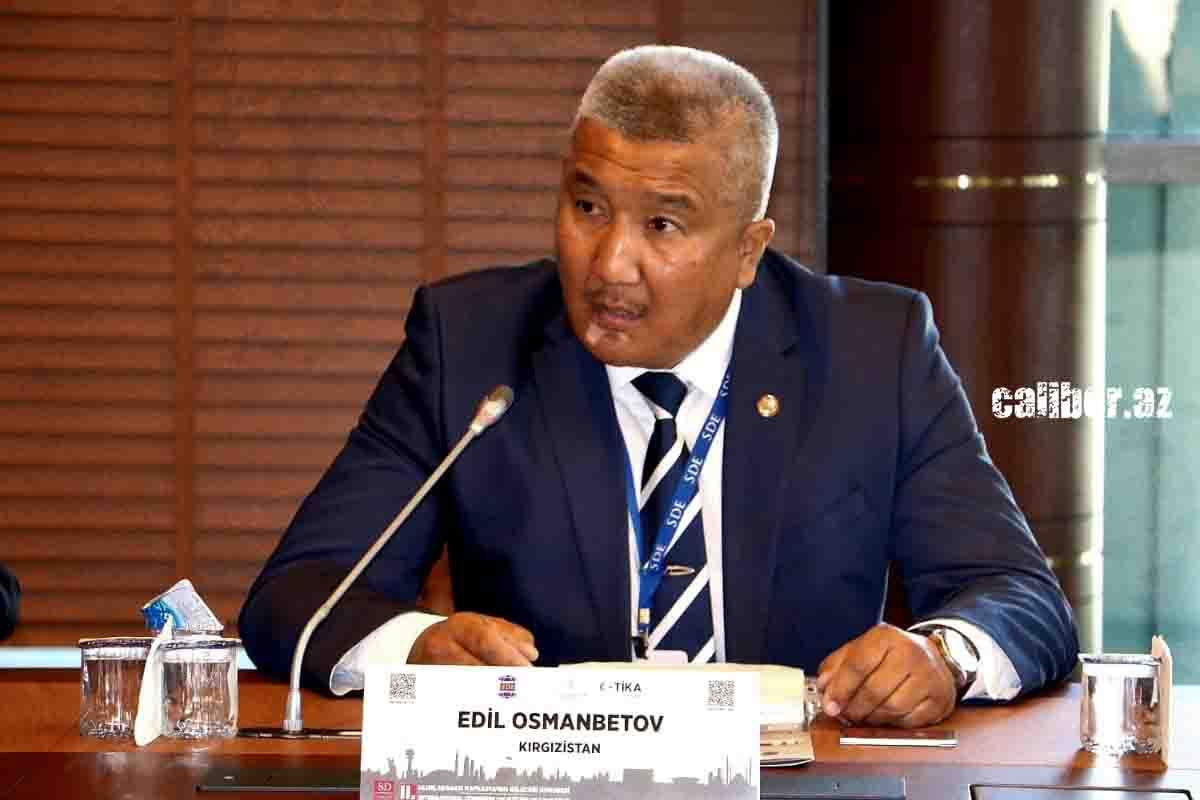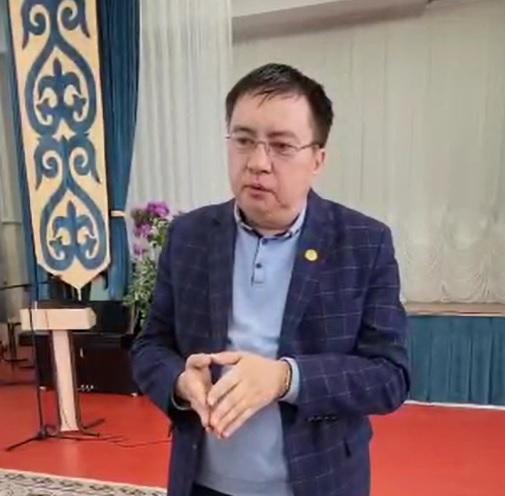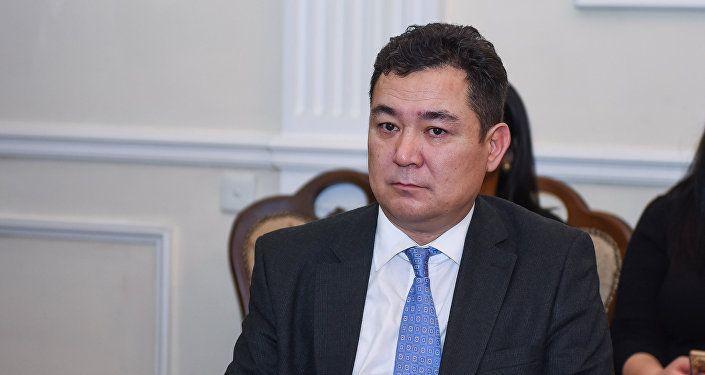CSTO: NATO counter-balance or post-Soviet space protection? Foreign experts' perspectives on Moscow summit
The CSTO [Collective Security Treaty Organisation] summit dedicated to the 30th anniversary of the signing of the Collective Security Treaty and the 20th anniversary of the CSTO's foundation was the main political event in the Eurasian space on Monday [May 16].
Today members of the military-political bloc met in Moscow where they discussed the situation in the area of responsibility of the organisation, and the prospects for its development and adopted a statement on the CSTO anniversary. It should be recalled that Armenia is chairing the CSTO in 2022.
Short reference: Collective Security Treaty (CST) was signed on May 15, 1992, in Tashkent. On May 14, 2002, the Collective Security Council, at its session in Moscow, decided to transform the mechanisms and structures of cooperation of the CSTO member states into an international regional organisation - the "Collective Security Treaty Organisation", giving it the appropriate status. The organisation includes Armenia, Belarus, Kazakhstan, Kyrgyzstan, Russia, and Tajikistan.
The CSTO was formed in 2002-2003, at a time of a global threat of international terrorism. The US was conducting an operation in Afghanistan and preparing to invade Iraq, while relations between Moscow and Washington somewhat improved after a sharp deterioration in 1999 when NATO bombed Yugoslavia without UN sanction. At the same time, according to the CSTO charter, the goals of this organisation were to strengthen peace and international and regional security, as well as to protect the territorial integrity and sovereignty of its member states on a collective basis. That is, formally, a serious political component was not planned within the CSTO but was intended only to ensure the security of member states. Meanwhile, there are opinions in the expert community that this organisation was created as a counterweight to the US and NATO. In an interview with a Caliber.Az journalist, competent foreign experts shared their views on the significance of the CSTO and its enlargement prospects in the circumstances of the reformatting of the geopolitical agenda.
Not against NATO
According to Russian military expert Alexander Khramchikhin, during the 30 years of existence of the CSTO, the only real action was a brief military operation in Kazakhstan in early 2022.

"In general, I do not know what was expected of the CSTO, and what kind of expectations it did not meet. At least, at the moment when it was created, there was no urgent task to become a counterweight to NATO. Rather, the CSTO was tasked with preserving a little bit of the Soviet Union. A certain direction of the CSTO as a counterweight to NATO was formed later. As a result, the CSTO is the same formal, empty structure, which in fact does not protect anyone from anything just like NATO. In a word, they are much alike. Moreover, the same image of the organisation was formed in the CSTO member countries, where they can hardly imagine what it is and what it is needed for. NATO at least is widely advertised and has a much better reputation than it really deserves," Alexander Khramchikhin said.
Without purpose and content...
It should be noted that one of the tasks of the CSTO is to fight against biochemical laboratories in the United States. However, given the presence of such laboratories in Armenia itself, a country that is a CSTO member, the effectiveness of the organisation's fight in this direction is zero.
"Pakistan and Iran, as well as Afghanistan and Serbia, were planning to obtain the observer status in the CSTO. But so far there has been no progress in this direction either. I think this is due to the fact that it is a delicate issue from a political point of view.
As for CSTO expansion, everything is theoretically possible. I think Asian countries will remain potential candidates for CSTO membership. In 10-15 years, the organisation will look approximately the same as it does now. That is, the organisation will exist, but the meaning of its existence will not be quite clear. In general, there are many such organisations in the world, which exist for an unknown reason, but do not disintegrate. However, I assume that Russia will try to preserve the CSTO," the Russian military expert said.
CSTO's "second breath"
For his part, Kyrgyz expert on international relations Edil Osmonbetov believes that the "second breath" of the CSTO was given by the January events of this year in Kazakhstan.

"In fact, they revived the "dead" organisation. The CSTO first used its mandate in Kazakhstan when it introduced peacekeeping troops during a special operation on the territory of a member state of the military bloc. For 30 years of existence, this organisation has played the role of a collective security 'umbrella' and its activities were mostly declarative in nature," the expert noted.
According to him, amid new regional and global geopolitical challenges and threats, the CSTO transformation may become inevitable.
"Today we have bloc mentality of the organisation members and hybrid and information wars. I do not exclude that the organisation can be expanded in the future through the accession of Uzbekistan to the EAEU [Eurasian Economic Union] and the CSTO, although the country is trying to maintain its geopolitical backlash. The withdrawal of American troops from Afghanistan and the events in the South Caucasus and Central Asia have shown that security issues largely depend on the decisions and participation of the superpowers. This is a time when international powers will not allow their allies to simply express opinions "for", "against", or "abstain", but will demand geopolitical certainty on many issues. Whereas before, countries could somehow maneuver, now there is no room to maneuver. Therefore, the countries of the post-Soviet space meet obstacles to preserving their sovereignty, so it is necessary to conduct a subtle policy to maintain the balance of power in regional politics.
I believe that the CSTO summit has a broad geopolitical meaning, and the decisions adopted today will also have serious geopolitical consequences for all post-Soviet countries, especially for Central Asia and the South Caucasus," Osmonbetov said.
Bargaining is not appropriate...
At the same time, Kazakh scientist Nurlan Munbayev believes that the CSTO was created to protect the EAEU from NATO.

"January events in Kazakhstan showed that the CSTO policy goes against the interests of Kazakhstan. The CSTO has become a means of blackmailing Great Russian chauvinism, according to Berdyayev. More precisely, the subject of bargaining.
Kazakhstan is at the epicentre of a multi-vector bipolar world with the 'Russian bear' in the north, the 'Chinese dragon' in the south, and with 'American eagle' flying in the sky. Therefore, in my opinion, the most acceptable option for Kazakhstan could be to withdraw from this organisation. In general, the policy of neutrality according to the principle 'in nobody's favour' is the safest," the Kazakh scientist believes.
Not turning back!
Uzbekistan will never return to the CSTO. This step is out of the question because it doesn't comply with Uzbekistan's Constitution, which prohibits the country from joining military blocs.
This categorical opinion was expressed by Uzbek expert Shukhrat Barlas in response to the assumptions of a number of experts regarding Uzbekistan's re-entry into the CSTO.

"Such assumptions are groundless. Uzbekistan's withdrawal from the CSTO in its time was facilitated by Russia's aggressive policy. At the same time, Uzbekistan has bilateral relations with all members of this military organisation, except for Armenia, but because of its aggressive policy against Azerbaijan. Formally, there are diplomatic relations between our countries, but there have never been state visits of Uzbek officials to Armenia," the Uzbek political analyst concluded.








